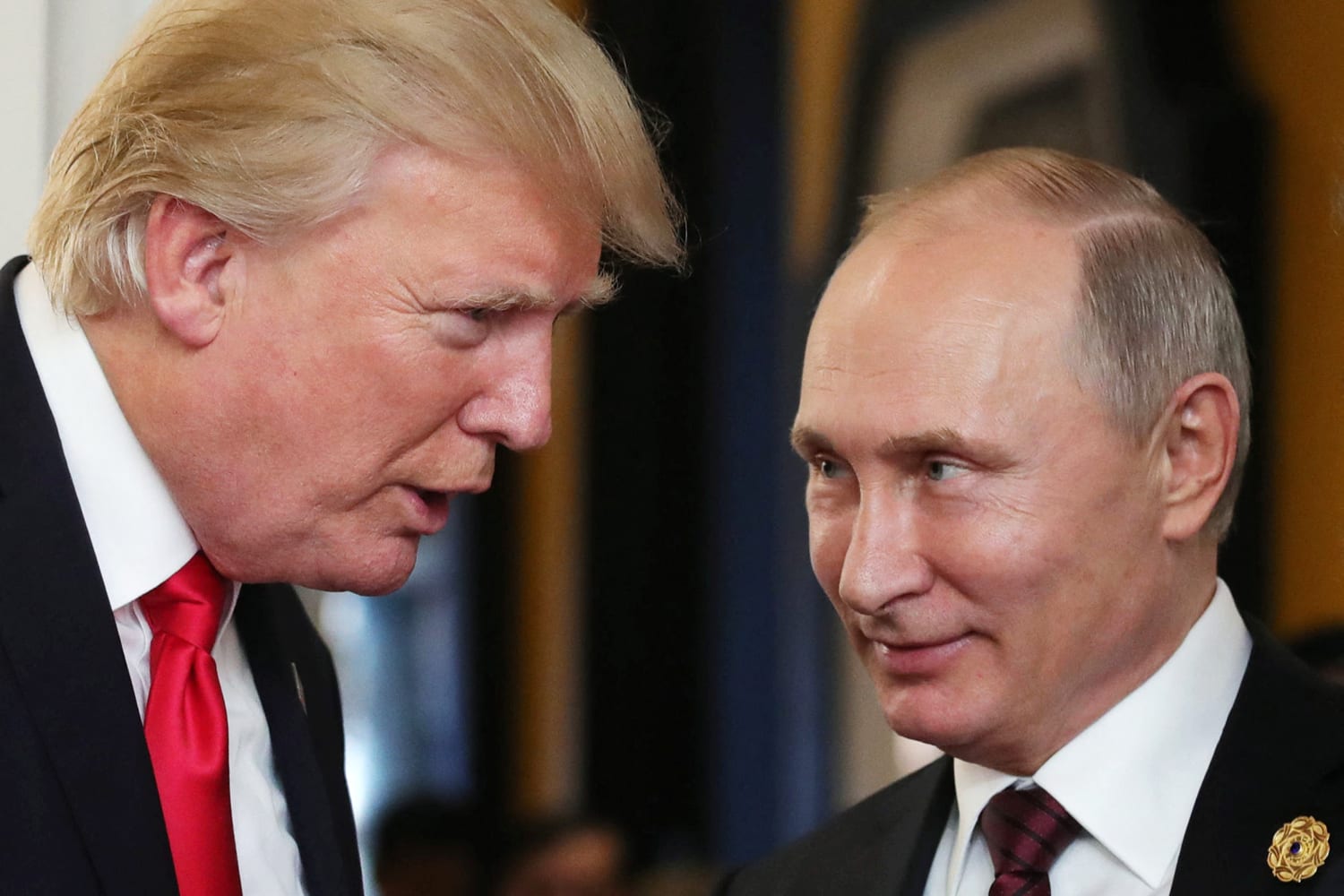Recent developments in diplomatic efforts surrounding the Ukraine conflict have revealed significant changes in the negotiation landscape. The apparent exclusion of Ukrainian leadership from certain high-level discussions has raised questions about the evolving power dynamics in international efforts to resolve the ongoing crisis.
Observers note that current diplomatic maneuvers appear to favor Russian strategic interests, with former U.S. President Donald Trump’s recent statements and actions being interpreted by some analysts as effectively strengthening Moscow’s position. This shift comes at a delicate moment in the protracted conflict, as military operations continue along multiple fronts with no clear resolution in sight.
The current scenario poses intricate difficulties for Western partners, who have continually highlighted the notion of “nothing about Ukraine without Ukraine” when it comes to peace talks. It has been indicated that secret communications and unofficial conversations have grown recently, frequently taking place without Kyiv’s delegates being directly involved. This has sparked unease among Ukraine’s advocates, who fear that possible concessions might be contemplated without adequate discussion with the country primarily impacted by the conflict.
Political analysts point to several factors contributing to this diplomatic realignment. Changing political winds in Western capitals, particularly the upcoming U.S. elections, have introduced new variables into the equation. The potential return of Trump to the political forefront appears to have altered the calculus of various stakeholders, with some parties possibly seeking to position themselves advantageously in anticipation of possible policy shifts.
The Ukrainian government maintains its commitment to previously stated objectives, including territorial integrity and sovereignty. However, the current diplomatic environment suggests that international support may be becoming more conditional and subject to negotiation. This comes as military aid packages face increasing scrutiny in several Western legislatures, where debates about the duration and extent of financial commitments to Ukraine have grown more contentious.
Experts in global affairs emphasize the dangers of excluding Ukraine from important conversations regarding its future. Past events have demonstrated that peace deals crafted without the significant involvement of all key stakeholders frequently turn out to be unstable over time. The present strategy threatens the validity of any prospective agreement and might cause future tensions if the conditions are not agreeable to Kyiv.
Economic aspects also influence the developing scenario. The extended conflict has impacted international energy markets and food resources, putting pressure on political leaders to find solutions that might favor immediate stability over thorough resolutions. This economic facet increases the complexity of an already difficult diplomatic challenge.
As the situation develops, key questions remain about how the balance between military realities and diplomatic possibilities will be managed. The coming months may prove decisive in determining whether current negotiations can produce a sustainable path forward or whether the exclusion of Ukrainian voices from critical discussions will ultimately undermine prospects for lasting peace.
The international community continues to monitor these developments closely, recognizing that the outcome will have significant implications not only for Ukraine but for global security architecture and the international rules-based order. How Western nations navigate this delicate phase could set important precedents for how similar conflicts are addressed in the future.
For Ukraine, the challenge remains how to maintain its strategic position and protect its fundamental interests in a diplomatic environment that appears to be shifting around it. The nation’s leadership faces difficult decisions about when to engage with emerging negotiation frameworks and when to insist on its essential role in determining its own future.
As various powers reposition themselves in this complex geopolitical landscape, the fundamental principles of sovereignty and self-determination that have guided international responses to the conflict since its beginning now face their most serious test. The outcome of this diplomatic maneuvering may well determine not just the future of Ukraine, but the credibility of international institutions and the stability of the global order in the years to come.

